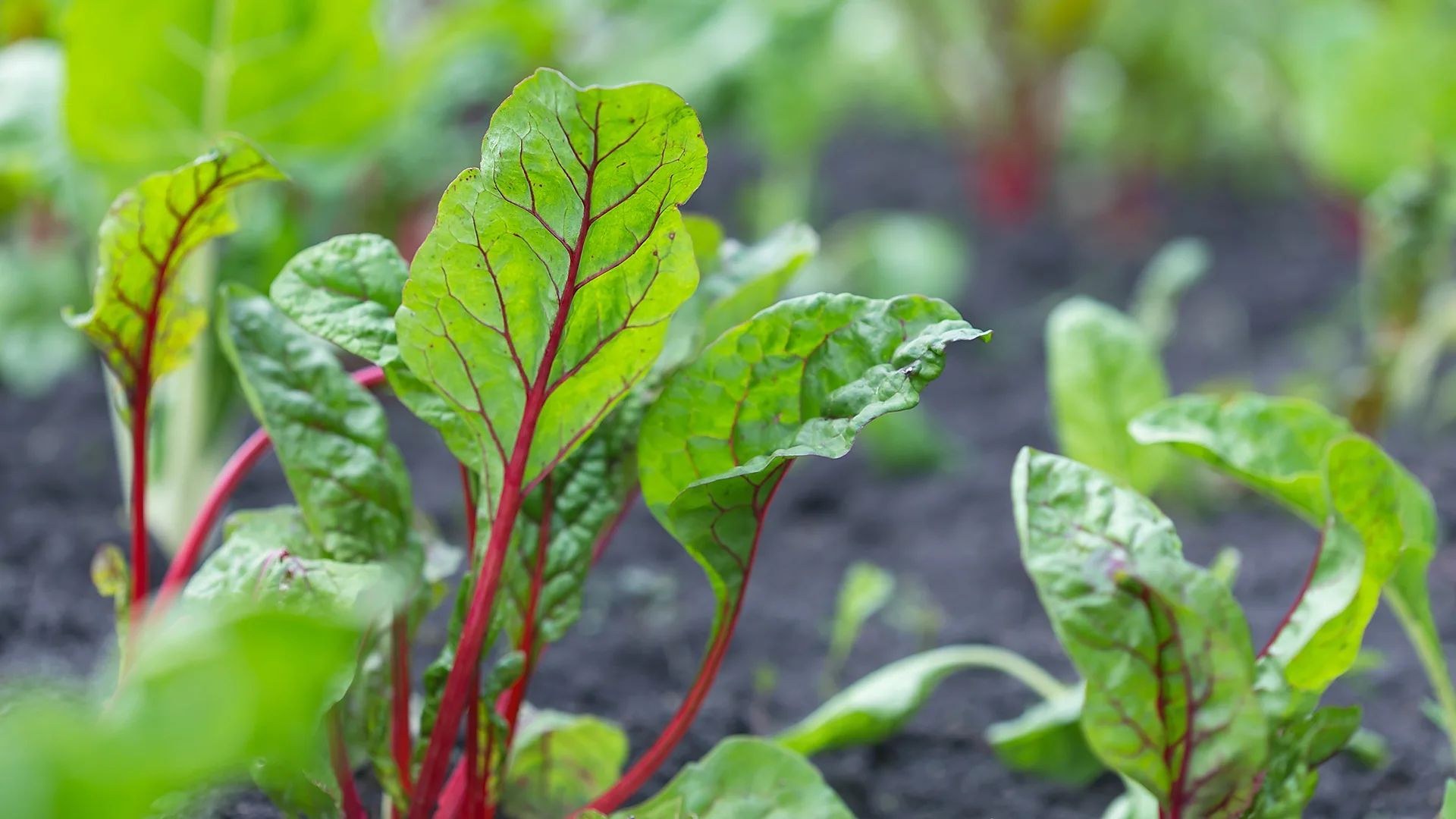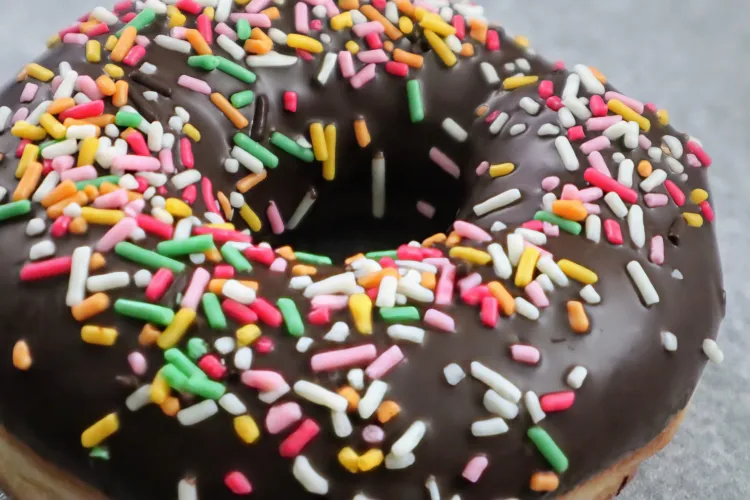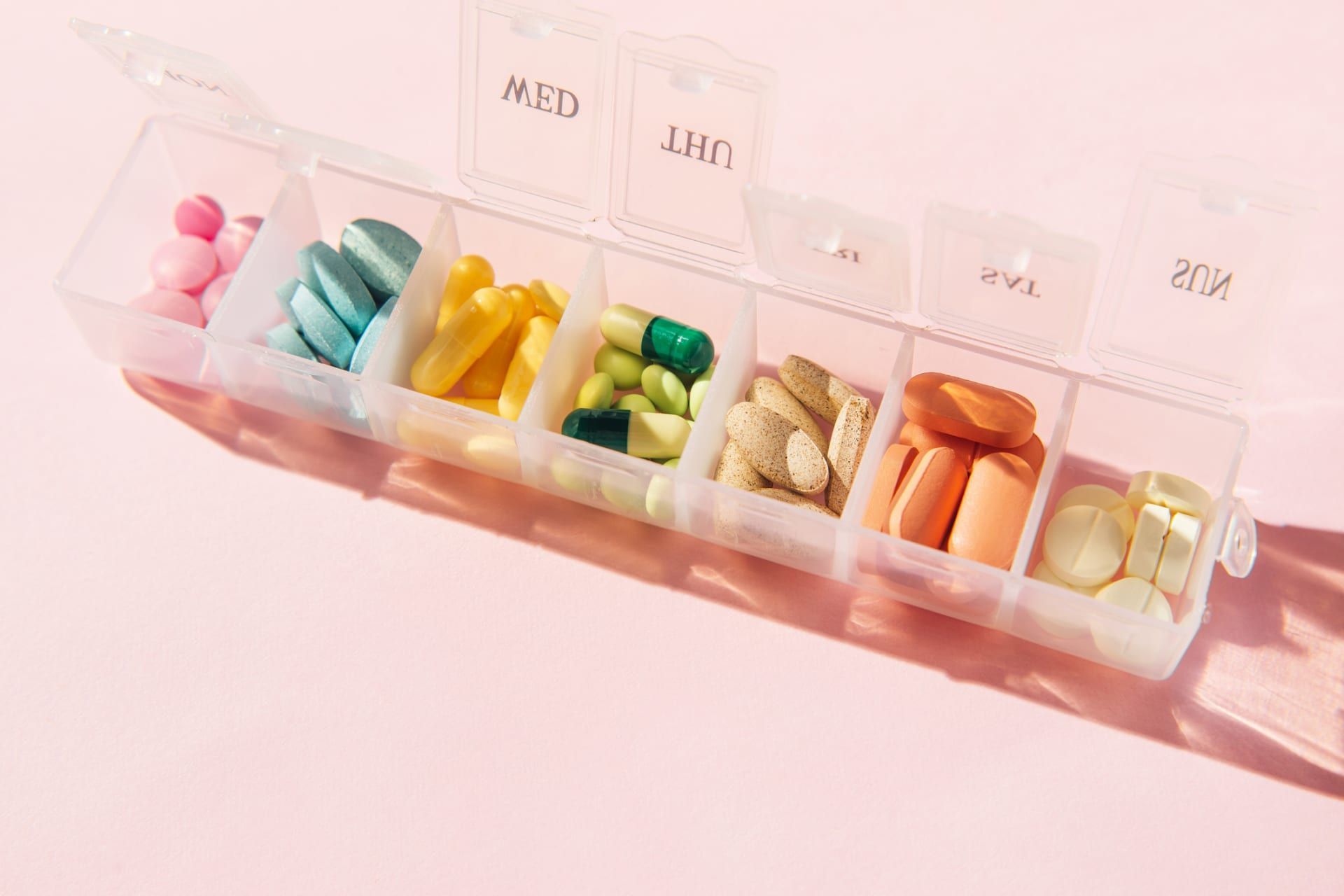Eat Less Salt and Sugar with These Simple Tips
One of the best ways to pursue a healthy diet is to lower the amount of salt and sugar you eat. Even if you exercise regularly, consuming too much salt and sugar can negatively affect your health. Excess sodium raises blood pressure, which puts you at risk for heart disease, stroke, and heart failure. Too much sugar in your diet increases the risk of diabetes, heart disease, obesity, and depression.
Do your body good by reducing salt and sugar in your diet. Here’s how.
Read labels. You would be surprised by how much salt and sugar are hidden in foods, even if they don’t taste salty or sweet. Canned soups, sauces, condiments, and dressings are common culprits.
Limit your processed foods. Frozen or ready-to-eat foods in boxes are typically high in sodium and sugar. An easy way to lower your consumption is to eat less processed food and more whole, unprocessed foods, such as fruits, vegetables, whole grains, and lean protein.
Start eating at home. Eating out can increase your intake of sugar and salt. Restaurant meals are known to be high in these ingredients. Some popular takeout foods, such as pizza and burgers, are also high in salt and sugar. Preparing your food helps you control what goes into it.
Find healthy alternatives that will give you a similar taste and feel to what you’re craving. If you’re in the mood for strawberry ice cream, enjoy a cup of fresh strawberries with Greek yogurt. If you like soda, try adding fresh fruit to carbonated water instead.
Watch portion size. Still want to enjoy the foods you love? Reduce portions. Instead of having a full plate of pasta, have a cup with a side salad. There is no need to have four pancakes for breakfast—have two instead with a cup of fresh fruit.
Credit The Baton Rouge Clinic, Eat Less Salt and Sugar with These Simple Tips, https://batonrougeclinic.com/eat-less-salt-and-sugar-with-these-simple-tips/
















